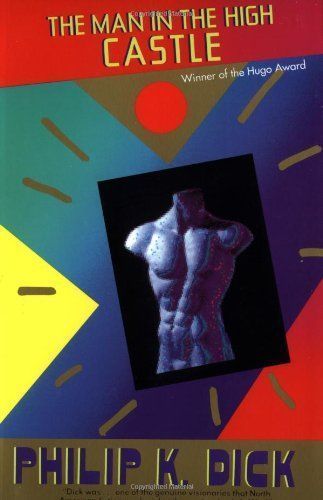
Reviews
Patrick Book@patrickb
Luke Harkness@lukesblog1
Jim Hagan@aranyalma
Maximus@maximus09
Sercan Y.@sercan
Frederik De Bosschere@freddy
Shape Mismatch@shape_mismatch
Vicky (A City Girl's Thoughts)@acitygirlsthoughts
Colleen@mirificmoxie
Lacy W@aravenclawlibrary
Ryan LaFerney@ryantlaferney
Janice Hopper@archergal
High Fidelity@highfidelity
Nelson Zagalo@nzagalo
Shay Henrion@shaysbookshelf
Kelsey Lynn@abibliophagist
Patrick Baumann@pbaumann
Seyfeddin Başsaraç@seyfeddin
Rebeca Keren Nuñez@rebecanunez
Sarah Escorsa@shrimpy
Sahi K@sahibooknerd
Lucía RG@awwsunshine
Bibi@benjaminnetanyahu
Karim Nas@karimnas
Highlights
Edward Steel@eddsteel